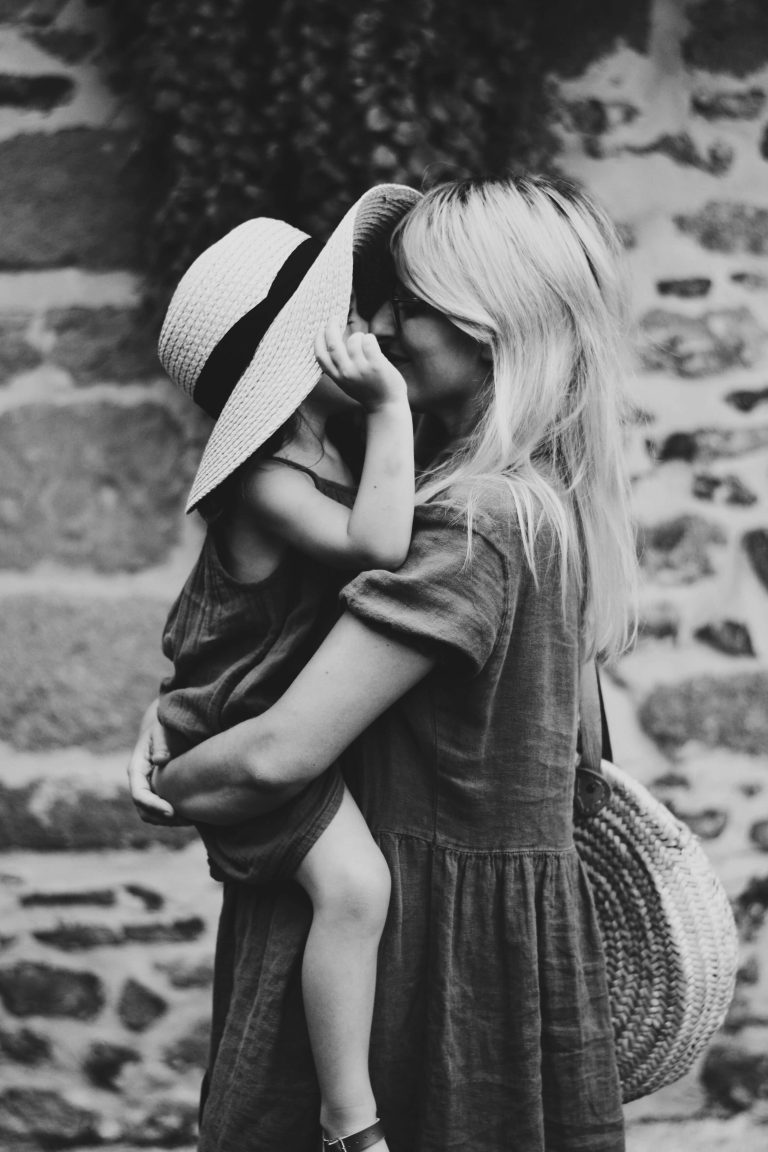There’s no question that motherhood is a beautiful experience, but it’s also overwhelming, especially when compounded by postpartum depression. It’s a condition that affects millions of women, yet remains under-discussed. The reality is that the joy of a new baby often coexists with a sense of despair, exhaustion, and isolation that many mothers feel but are too afraid to admit.
Cultural differences can play a major role in how postpartum depression is perceived and handled. In some countries, like the U.S., there’s a growing awareness, but the support systems are still often inadequate—particularly for low-income women. Meanwhile, in countries like Brazil or parts of Europe, community and family support is more common, but cultural expectations can also create pressure for women to immediately return to “normal” without acknowledging the mental health impact of childbirth.
The first step to addressing this issue is to encourage conversations about mental health during and after pregnancy. A supportive environment—both at home and within healthcare settings—can help new mothers cope. From better mental health education for healthcare professionals to accessible therapy and support groups, we must create a holistic system of care that treats both body and mind.


